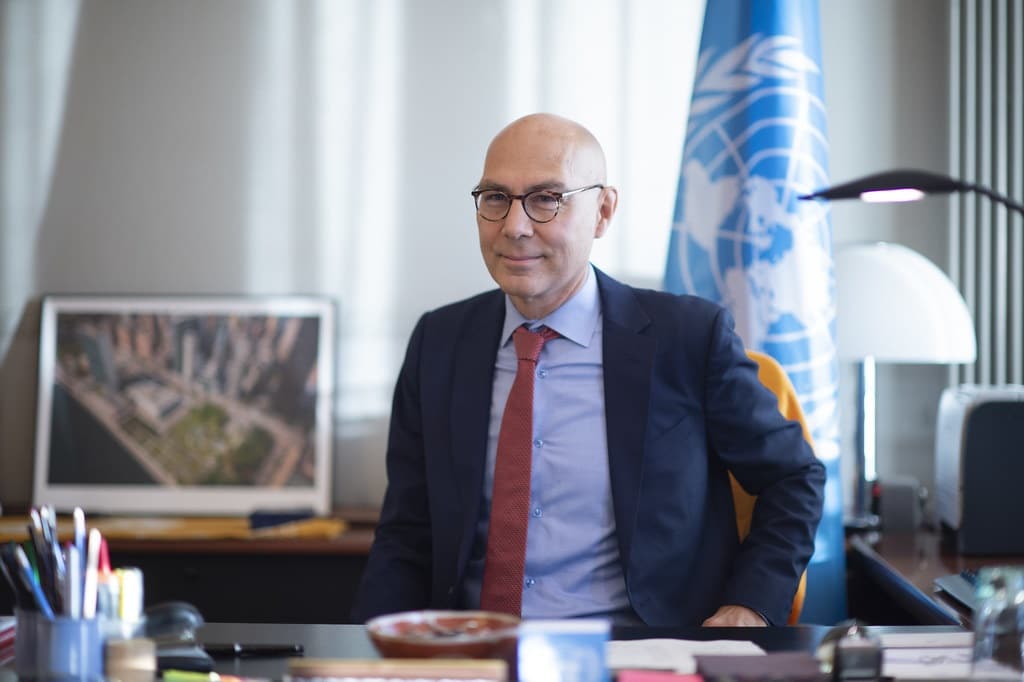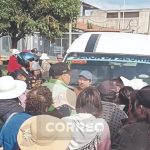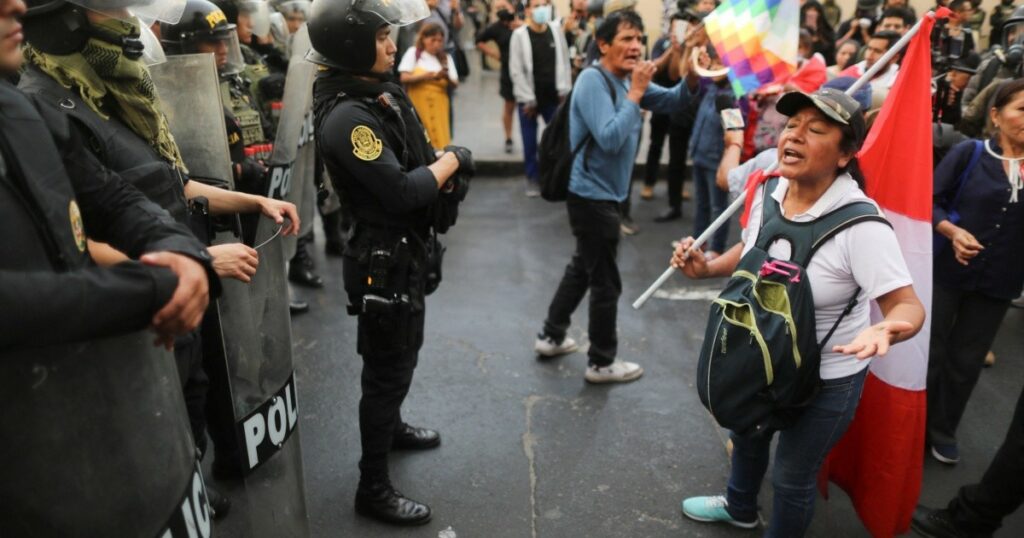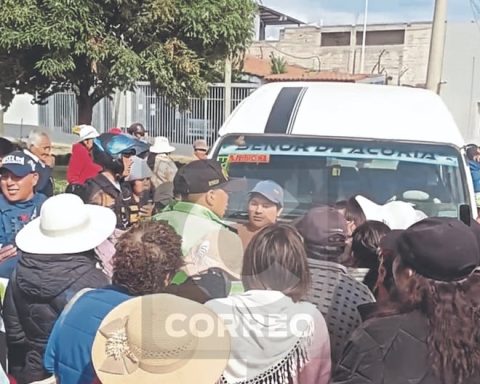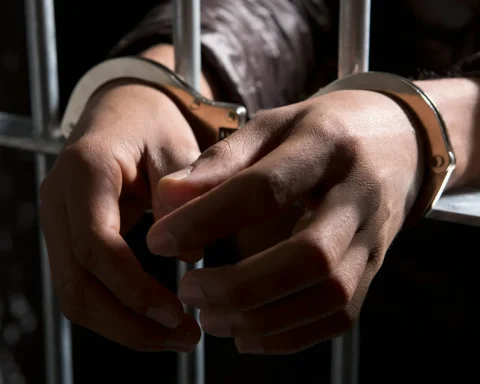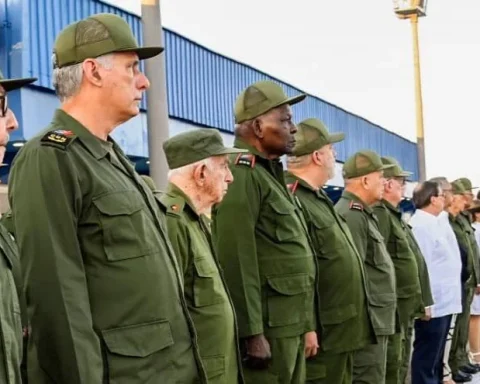The United Nations High Commissioner for Human Rights, Volker Türk, presented this Thursday, December 15, a report from his office that documents what he considers arbitrary detentions of 225 people (199 men and 26 women) in Nicaragua for their political positions and criticism of the Government of that country. The Nicaraguan delegation rejected the content of the text, which it sees as interference.
In a special session of the UN Human Rights Council on Nicaragua, the Austrian high commissioner asked the government of Daniel Ortega for the immediate release of all these detainees, which since the previous report presented to this body have increased by one week.
“I would like to express my solidarity with the victims and their families, and with all human rights defenders in Nicaragua and in exile,” Türk said in Spanish at the end of his speech.
“My Office will continue to support efforts for accountability and for the promotion and protection of human rights,” said the high commissioner.
Türk regretted that the Government of Nicaragua has refused to cooperate with the different instances of the United Nations on human rights this year.
“This illustrates a situation in which the social contract is in shambles, truth eroded, lives broken and society fractured,” the high commissioner concluded.
“Precarious” and “inhumane” conditions in El Chipote
Türk also denounced before the Council the “systematic” arrests of relatives of political opponents and dissidents.
The high commissioner highlighted the “precarious” conditions of the detainees in the El Chipote prison, who suffer “inhumane” conditions, limited access to medical care and who cannot regularly contact their families.
The mental health of these detainees “deteriorates every day,” insisted Türk, who denounced the “humiliating and degrading” treatment to which relatives who come to visit the inmates have been subjected, with strip searches carried out even on elderly women.
The high commissioner also focused on the closure in Nicaragua of more than 3,000 national and international NGOs and 26 local media outlets since September.
Türk also criticized the new law adopted by Managua in October that imposes a government authorization to be able to film and exhibit audiovisual material in Nicaragua.
Regarding people displaced by the crisis, the high commissioner pointed out that between January and October 2022 Costa Rica received 70,000 asylum applications from Nicaraguans, while more than 147,000 citizens arrived at the borders of the United States.
Twelve Nicaraguans who tried to return to their country were denied entry without any reason, Türk said.
“I call on the authorities to ensure that all Nicaraguans can enter and leave their country in accordance with international law,” requested the head of the UN Office for Human Rights.
The high commissioner considered the actions of the Nicaraguan Government during the November 2022 municipal elections “autocratic”, in which the parties banned in 2021 were unable to participate.
On election day, acts of intimidation of voters were reported and citizens considered dissidents, including indigenous communities in the north of the country, were not allowed to vote.
Delegation of the regime rejects report
The Nicaraguan delegation expressed its “total rejection” of the report presented by Türk and considered it an “instrument of pressure and interference that uses arguments that are far from reality, with the sole purpose of keeping Nicaragua in underdevelopment and undermining its achievements.”
On behalf of Nicaragua, Attorney General Wendy Morales, who spoke in the special session online, denounced that the United Nations Office “continues to be infamous towards Nicaragua, discrediting and denigrating the country’s authorities and institutions.”
“As long as reports like this continue to exist, we will continue to denounce the manipulative and biased position of the office (…), which does not rule on the arbitrary, aggressive and illegal sanctions that some countries have imposed on us,” he concluded.
During the special session, most of the participating Latin American countries denounced the situation in Nicaragua, with the exception of the representatives of Venezuela and Bolivia.
The non-governmental organizations that intervened in the Committee called for the renewal for two years of the mandate of the group of UN human rights experts on Nicaragua and for the continued monitoring of the office in the Central American country.
